The Independence Years: The Man Who Drove My Grandfather’s Car To The Border
A car driven up to the border as a gesture of goodwill, a well-established family starting afresh, the women keeping the rhythms of the home going – Aarti David shares her grandparents’ story of life in undivided India and crossing over before Partition 1947.
My grandparents, both sets of them, migrated to India post the partition in 1947. My paternal grandparents especially my grandma, whom I called ‘Dadiji’ had lots of stories to tell about undivided India and her life there. I only have vague memories of all that I heard from her. But rich enough to stay with me even after all these years.
She talked about the period when Dadaji, my grandfather — the youngest in his family of seven siblings (five brothers and two sisters, one of whom was married to the famous actor Balraj Sahni. Her son is the actor Parikshit Sahni) — and she got engaged to be married. She would go in the horse carriage to catch a glimpse of him or for a short and rare conversation. Courtship or any meeting before marriage outside of the home was unimaginable in those days.
Dadiji in her garden
We heard horrifying tales of Partition from Dadiji — of women and children being slaughtered and murdered; of how she and her family were saved and reached across the border to Ambala Cantonment as refugees, where they were allotted some land by the Government of India. An entire family of highly-qualified and well-placed individuals suddenly found their lives in complete disarray. Dadaji’s father was a famous doctor who had a running practice in Rawalpindi. Three of his brothers were doctors too and one of them was an academic who went on to establish a college in Ambala, that continues to be in existence even today.
Dadaji had studied to be a lawyer but found the profession to be too disillusioning and himself not cut out to handle the complexities of the same. “Lawyers were liars,” he thought and he couldn’t be one. He was working for a British General Insurance company. In the days leading to August 1947, it became evident that Partition would lead to riots. As he was heading the North-Western region, the management instructed him not to issue any pre-dated riot covers. He was a very honest man and did the needful, however, one of his junior managers issued lots of pre-dated riot covers and made money from that.
Dadaji, the honest man
By this time the entire family had moved to Ambala Cantonment without even a handbag, leaving fully furnished properties in Rawalpindi and Peshawar. After some weeks, Dadaji received a wire message from the UK and he was summoned to Bombay to answer for the fraud committed. Since he had proof that the junior manager had committed the fraud, he showed the management the forged signatures. Upon realising their mistake, the company was very apologetic and offered to open a branch in either Bombay, Delhi or Ambala to reinstate him. Dadaji declined. His integrity and honesty were challenged and he couldn’t work with them anymore.
Dadaji ‘s brother-in-law Balraj Sahni with two of his nephews and Prof. Ramesh
Dadaji chose to stand by his principles. He decided to delve into new terrain and went to Amritsar to get electrical parts on credit for 30-45 days. He returned to Ambala, got a bicycle and started selling to military workshops. For months he was the sole breadwinner of the family.
The funds were low as the entire family relied on the single salary that came from dadaji’s earnings in those days. Yet they managed to stay happy and content in the given circumstances.
There were nearly 80 people in the space that had been allotted to the family. To feed such a large family was no mean feat. The women would be up early to run a kitchen that never closed down at any point of time during the day. A big tub of dal would be cooked twice a day and the ladies of the family, including dadiji, would make tandoori rotis twice a day. Since they had so many mouths to feed and such large quantities to cook, they barely had time to take care of their little ones. The children would find ways to keep themselves occupied and were always up to mischief while the mothers worked hard to tackle the food situation.
Some good memories stood out amidst those harsh times.
A Muslim friend of dadaji drove all the way to the border to hand over his car, which had been left in his custody. There is an interesting story about the car as well. Dadaji had refused to marry in 1939 until he purchased his car. He was able to do that only in January 1940 and married dadiji that very month. This car was a British make called the Baby Morris, left behind in Peshawar as he had to bring his entire family to Rawalpindi in an Army Dakota plane and from there travel safely to Ambala. What’s unique to the story is that the car had a case of scotch whiskey (dadaji’s favourite) which remained intact when the car came to India.
This act was just for friendship or old times sake and an unthinkable gesture of kindness. Despite all the barbaric and inhuman acts of violence that were committed in those days, this is one story that has stuck with me for life. It reflects how people still believed in each other and how in some instances, humanity was more important than your religious identity.
Every August, Silver Talkies records memories and instances of humanity, fortitude and courage during the Independence Years — stories of life in a newly independent India; crossing over during Partition and stories of finding freedom.
Comments

Purnima Jain
25 Aug, 2019
Well written Aarti ! Memories to be cherished and shared.

Silver Talkies
14 Aug, 2019
Shafina Segon, you're welcome to share your grandmother's story with us too.

Shafina.Segon@Gmail.Com
30 May, 2014
Reading this made me feel very nostalgic. My grandma would often relate stories of friends on the other side of the border who helped them reach Delhi in those hard times - gave them food and protection. Brilliantly written and explained.

Anonymous
29 May, 2014
A great article! Beautifully written! Enjoyed reading it.

Kanchan Kumar
28 May, 2014
I wasnt lucky enough to have enough time with my parents. Thank you Aarti for sharing these very precious memories,some of them have stayed in my memory bank but the rest u have shared have given given me a new perspective of my parents.God bless you my dear.

Nidhi Anthony
27 May, 2014
And so are the bonds and memories of the golden era gone by. Not tainted by any negative influence but nurtured with love and human values of truth, love and integrity. Scotch bottles being intact - truly funny but talks of real men. Thank you for bringing this leaf from your memoir on this special day.

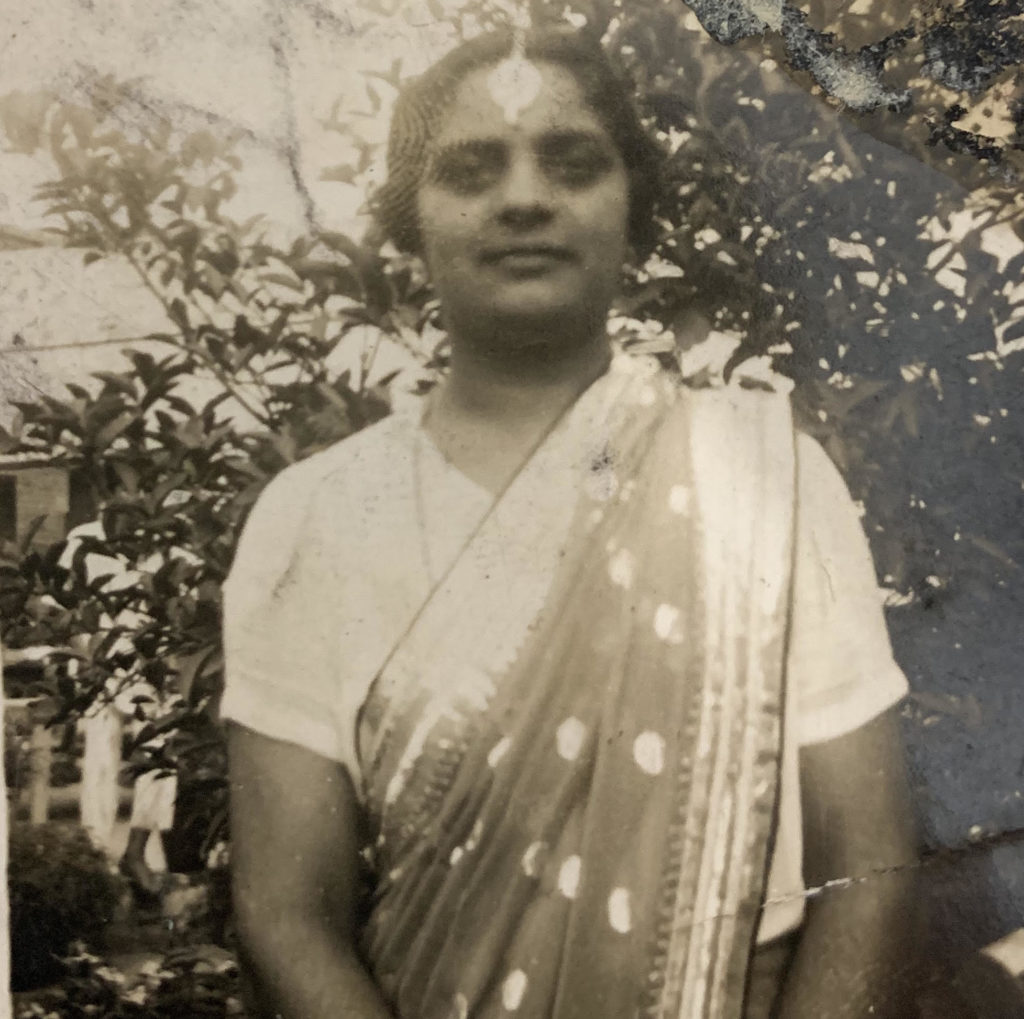
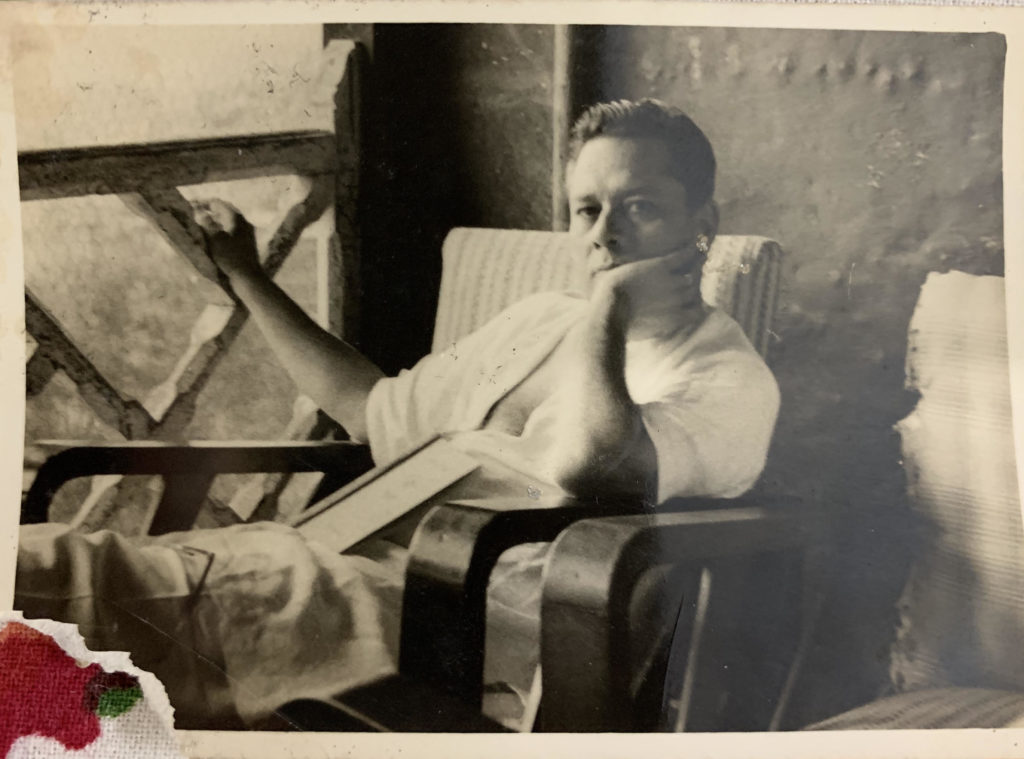
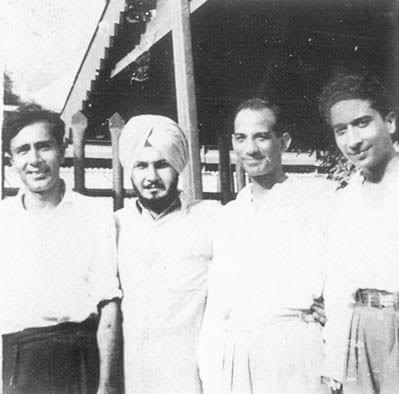
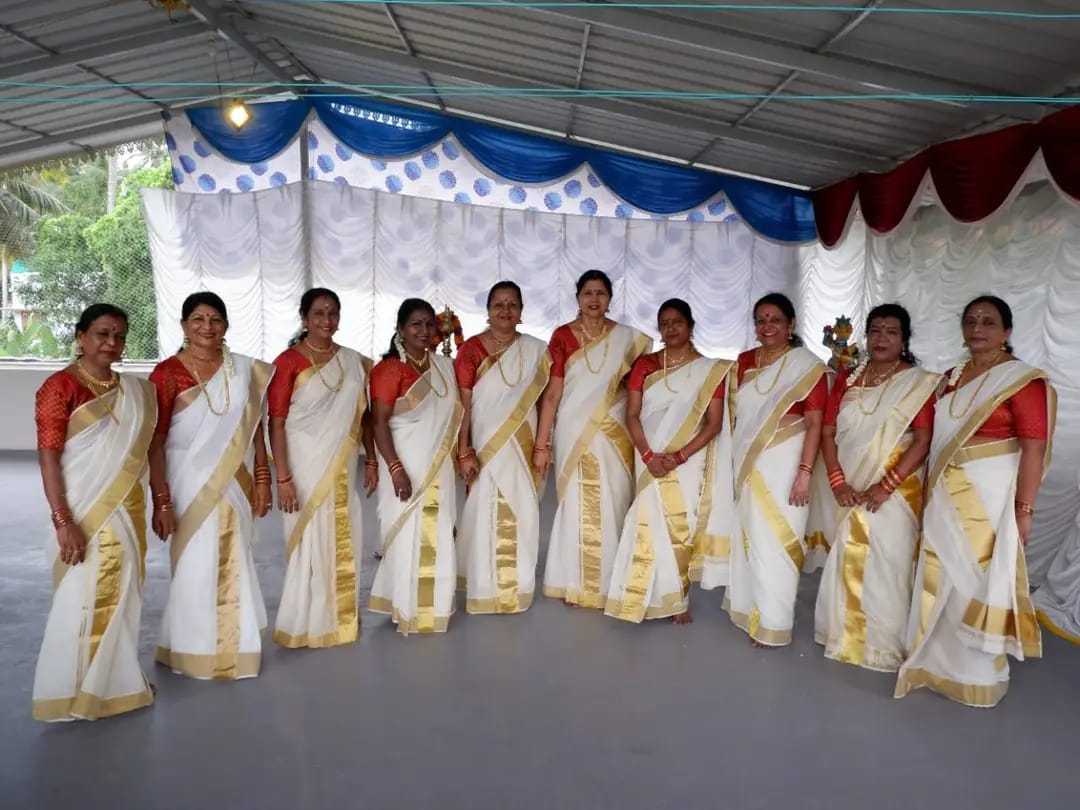


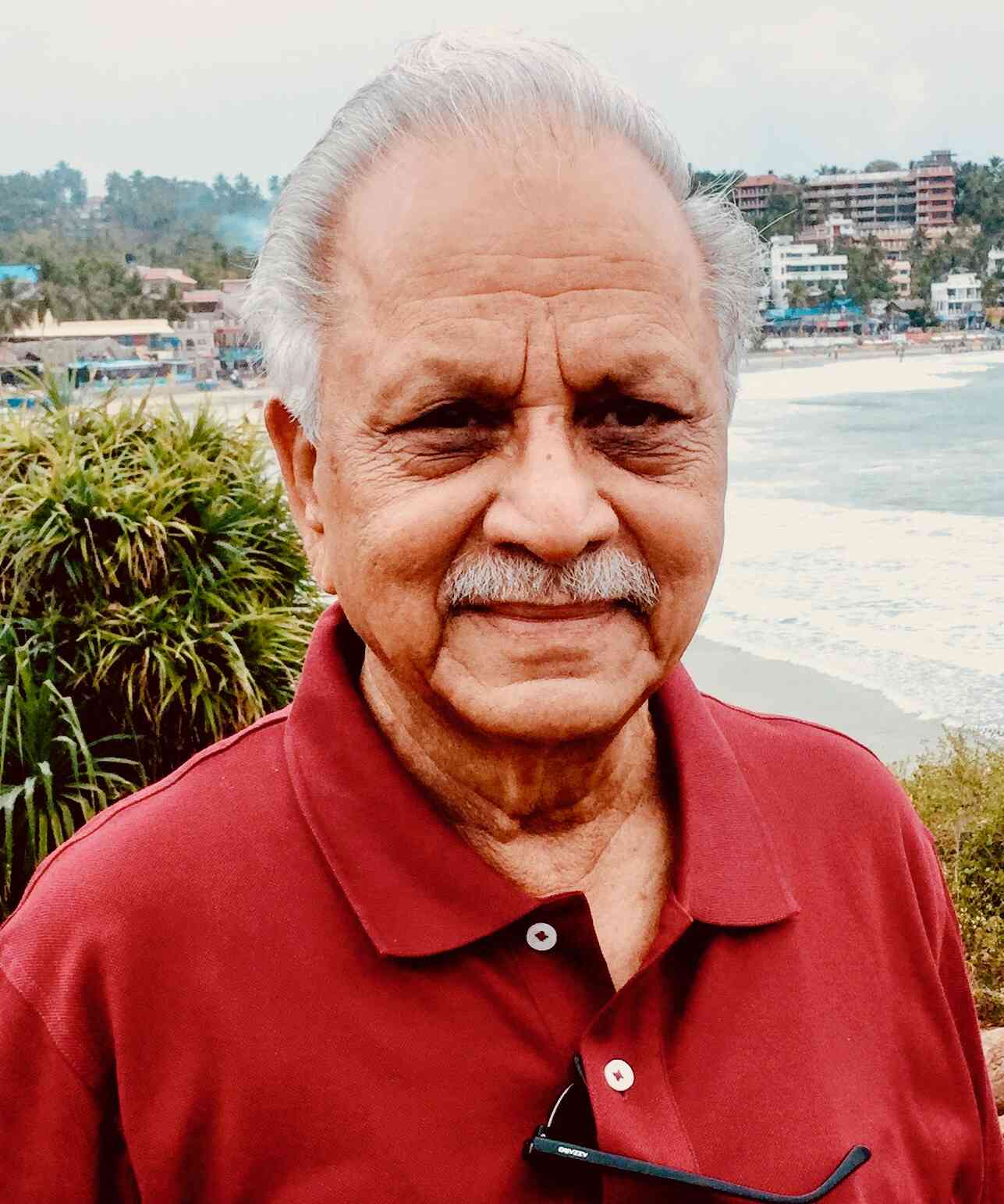
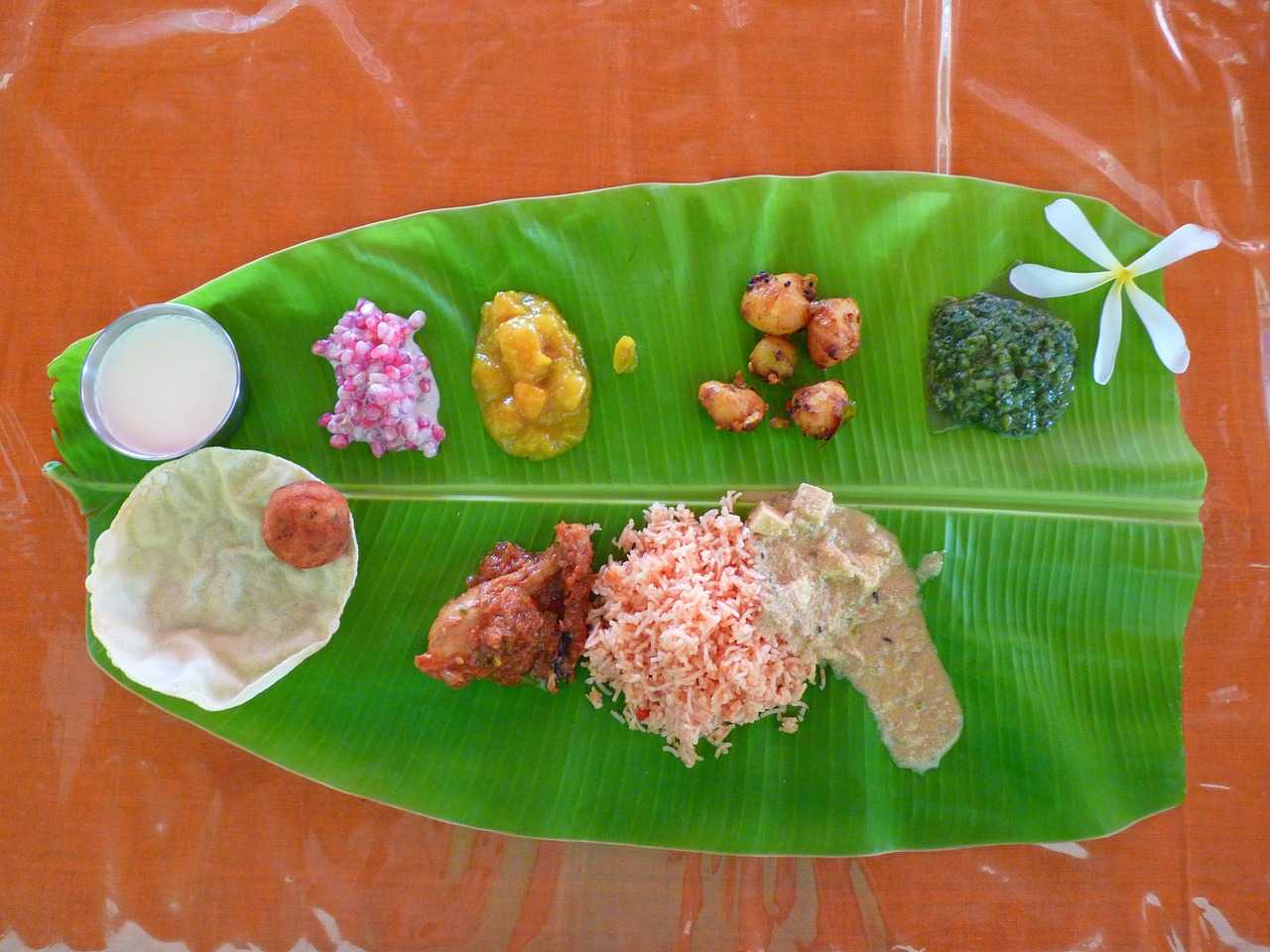
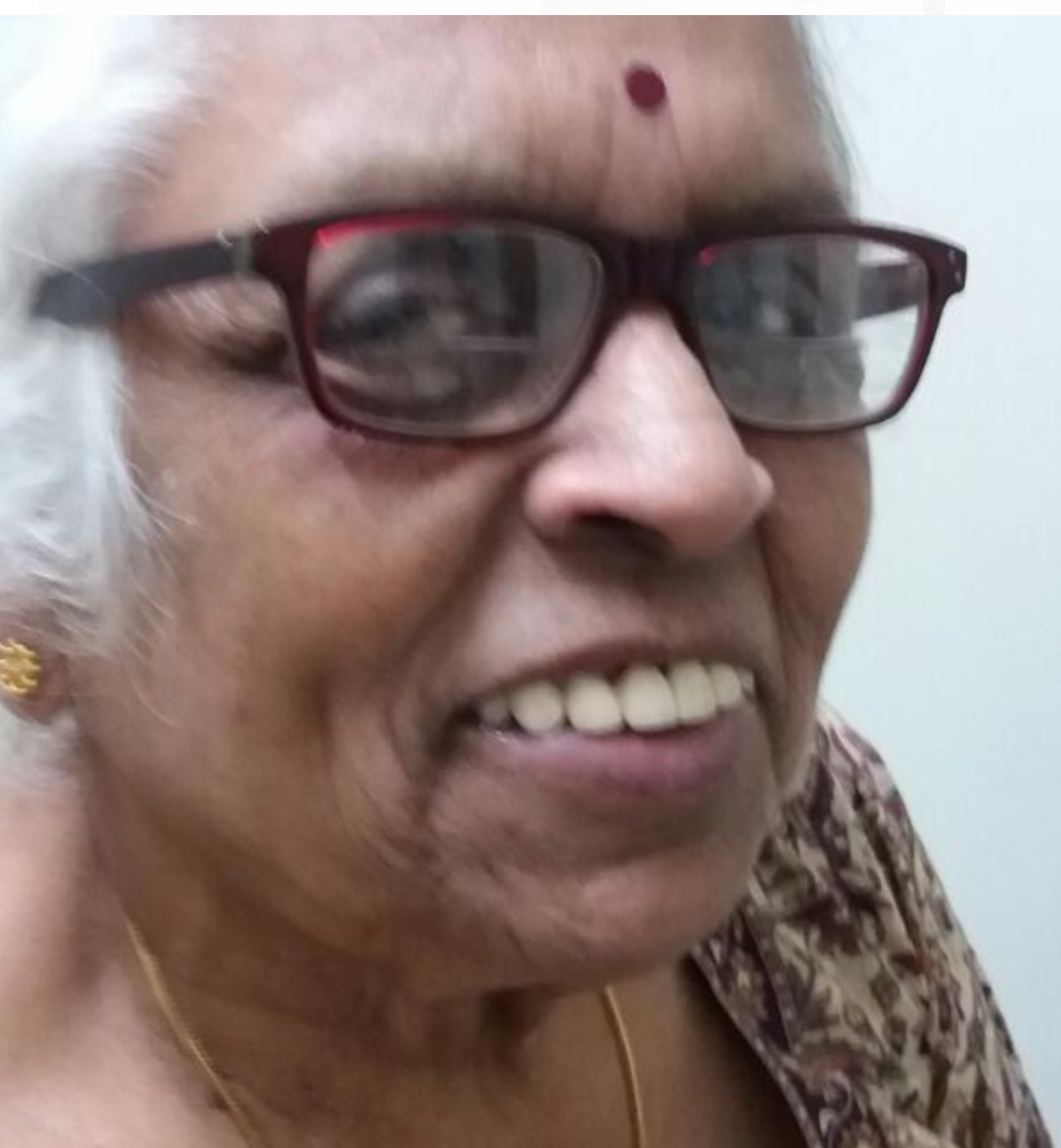
Post a comment